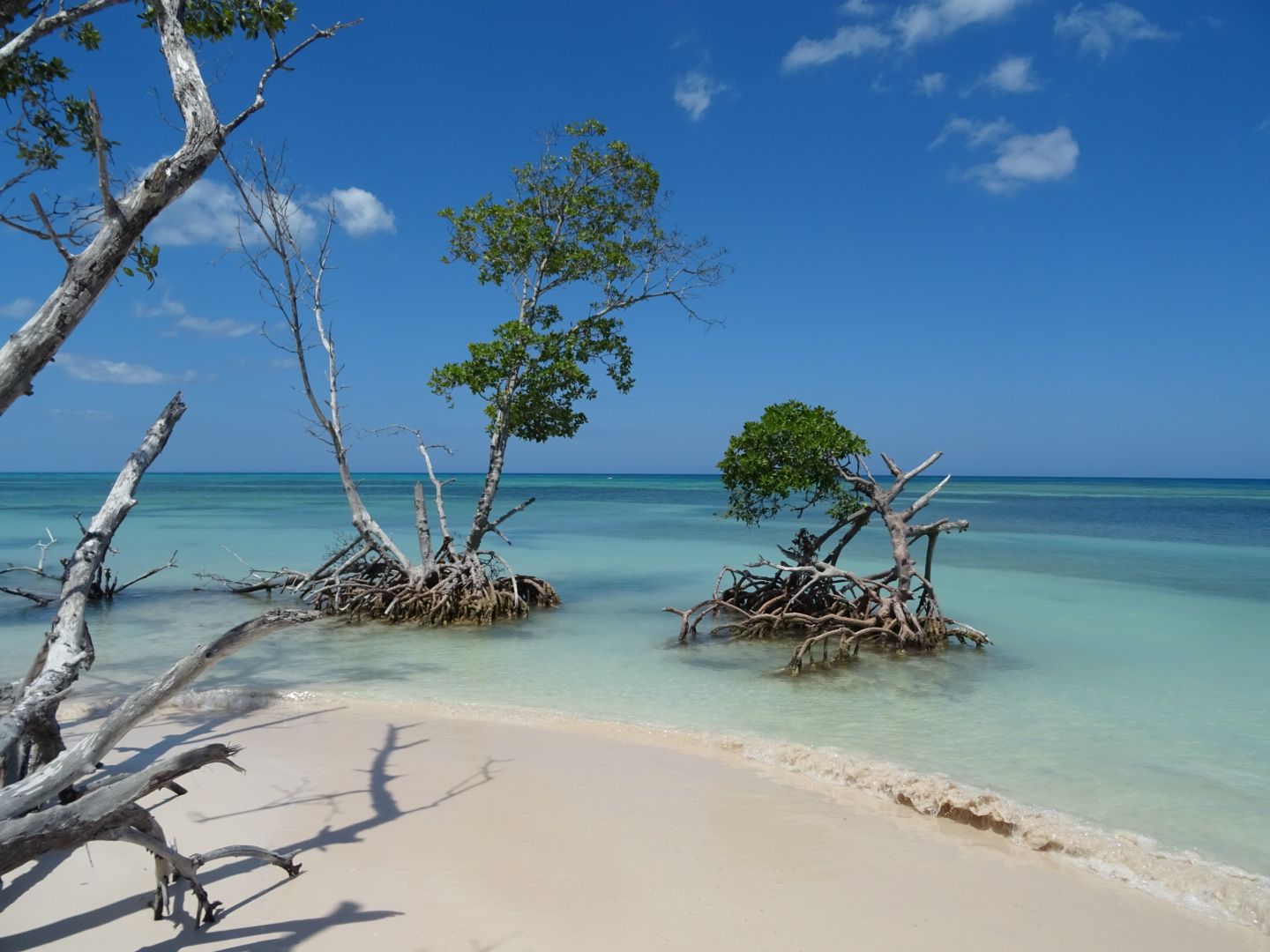India, the South: From Goa to Kerala
प्रकाशित: 03.12.2022
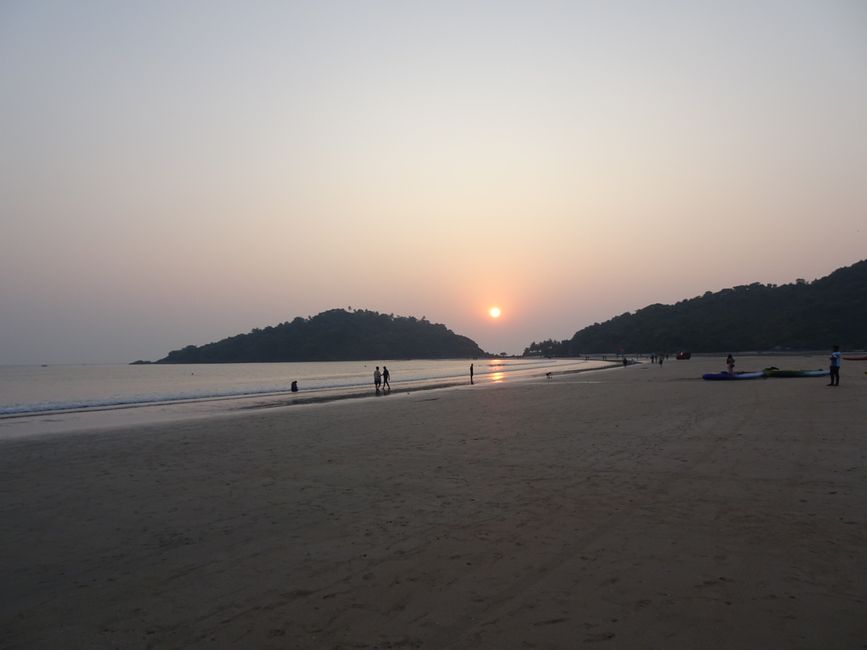
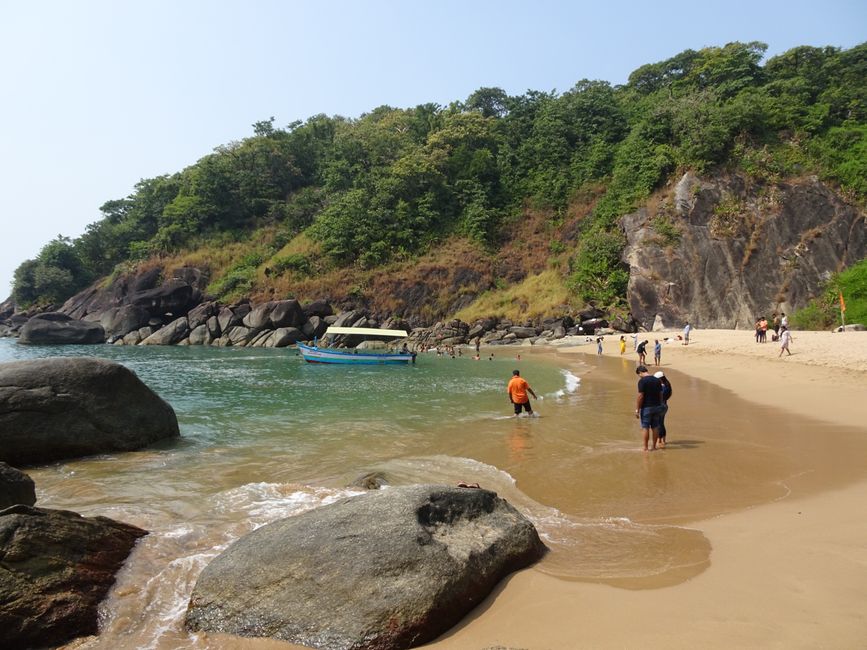
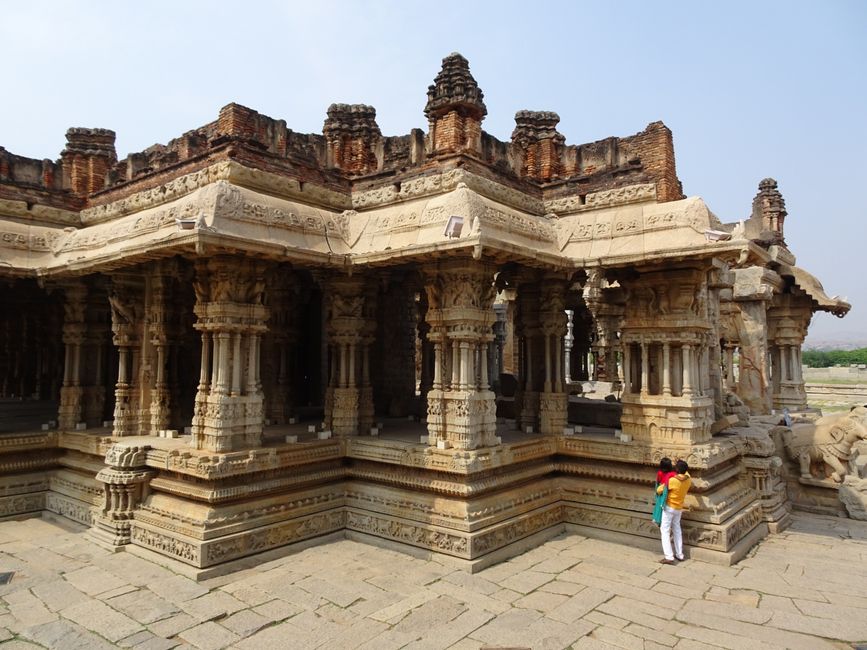
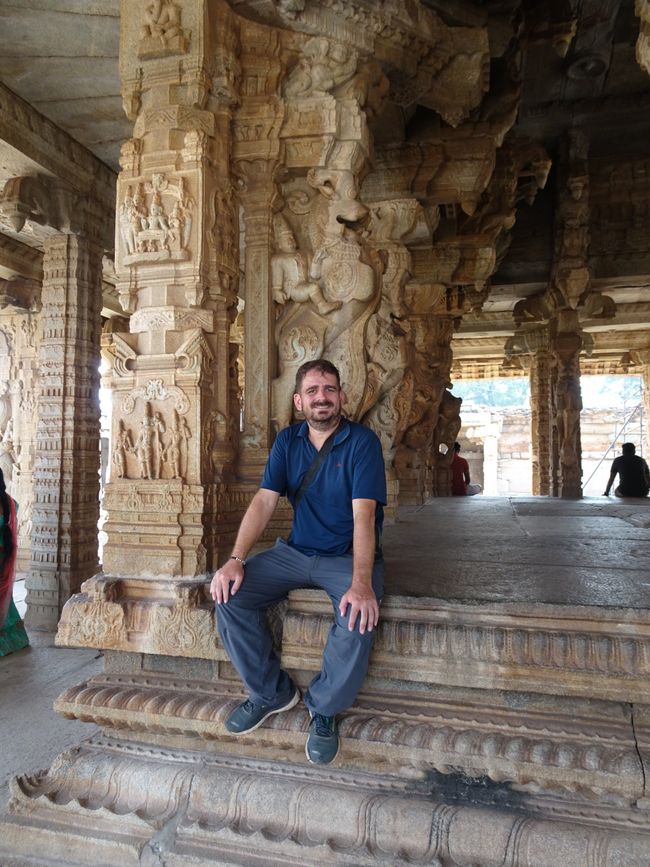
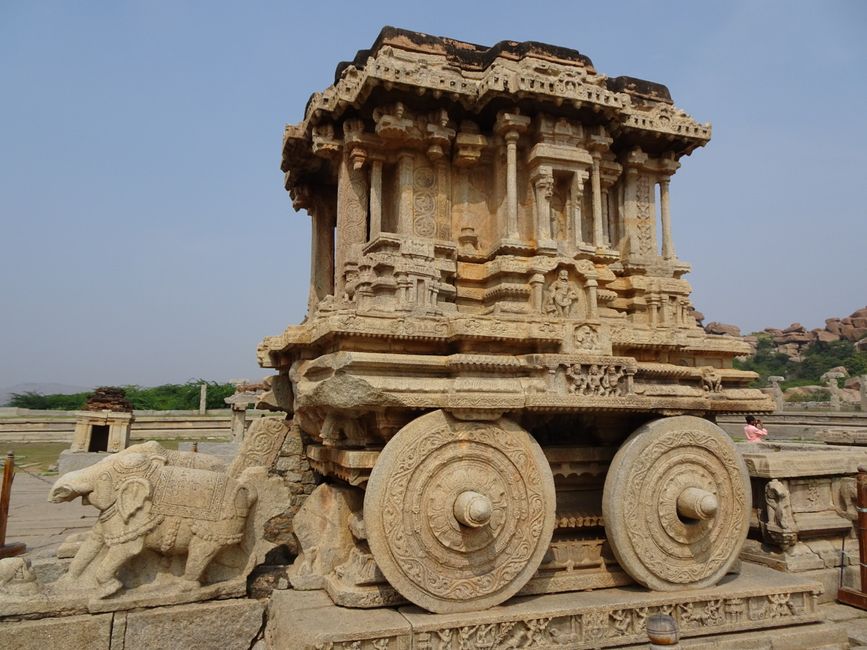
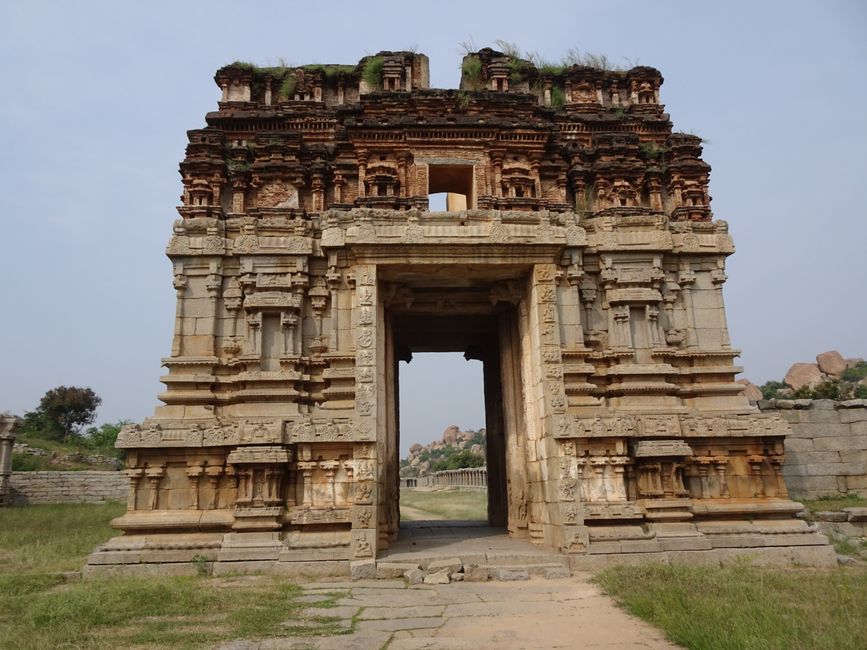
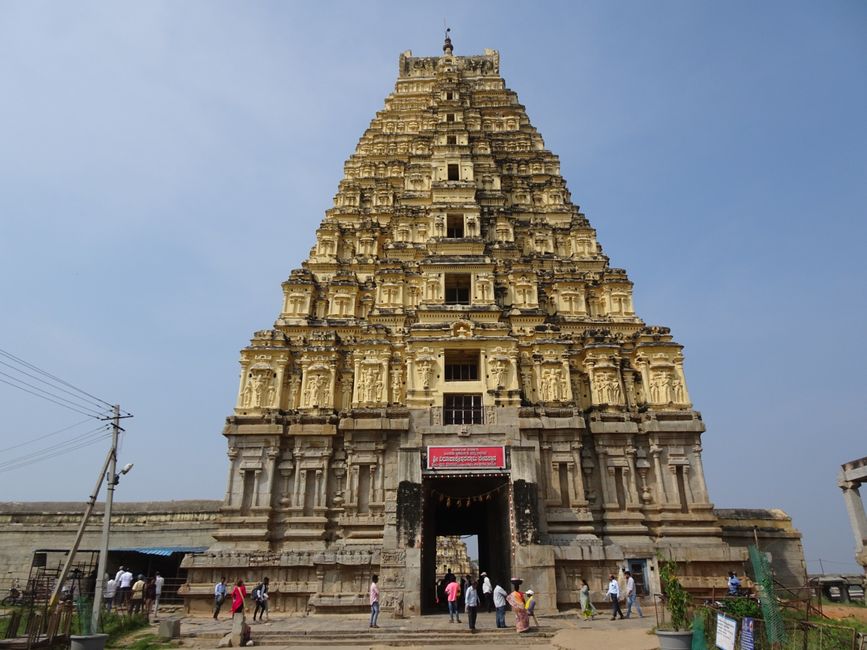
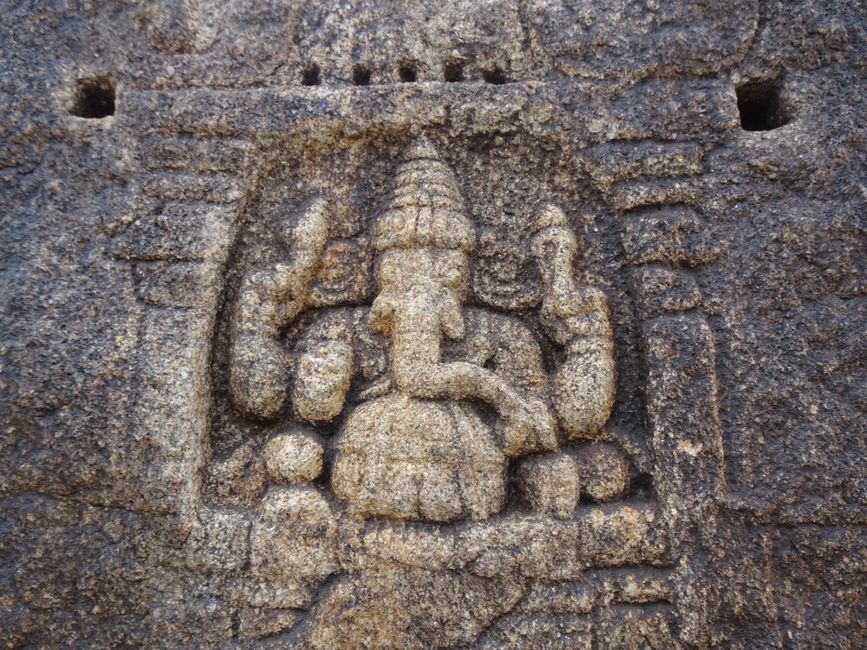
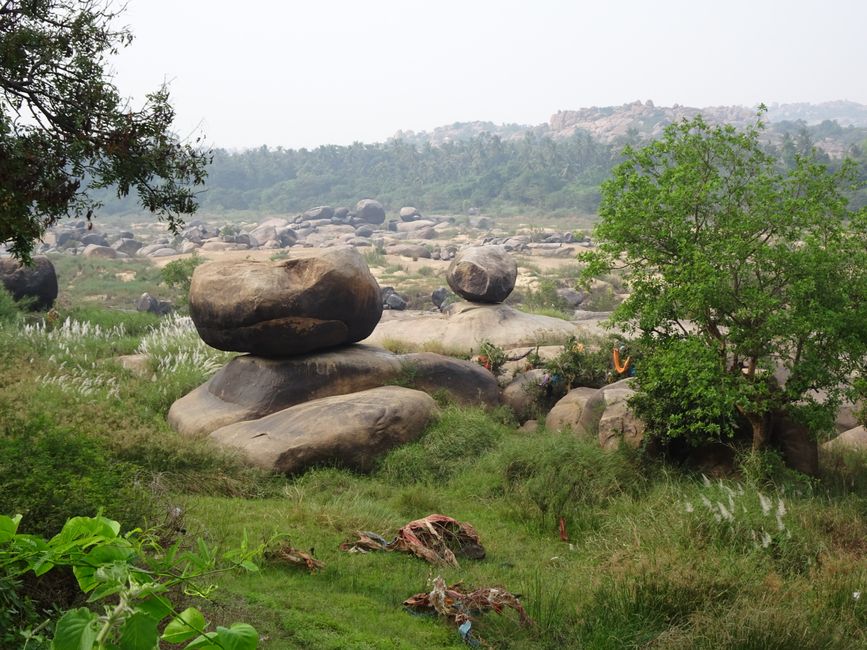
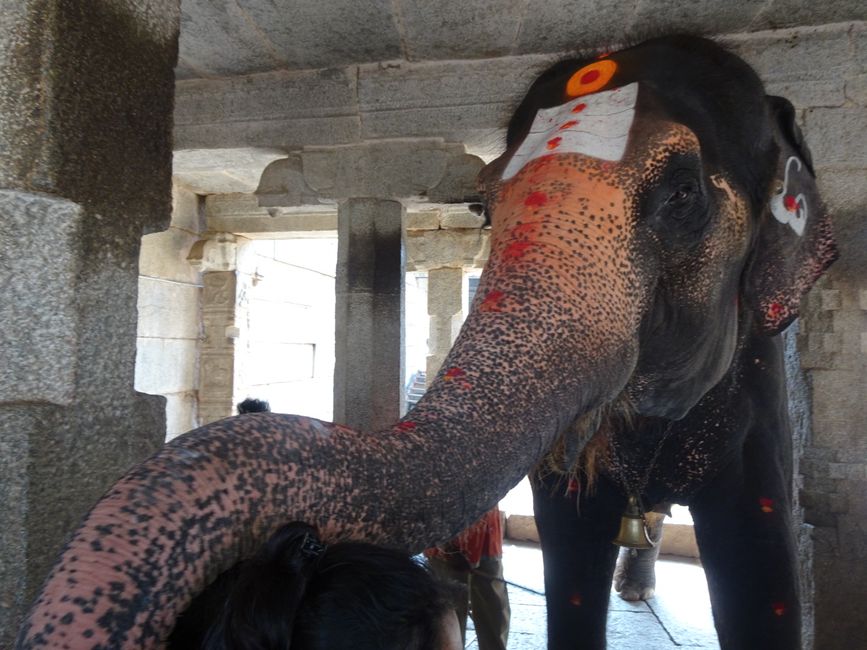
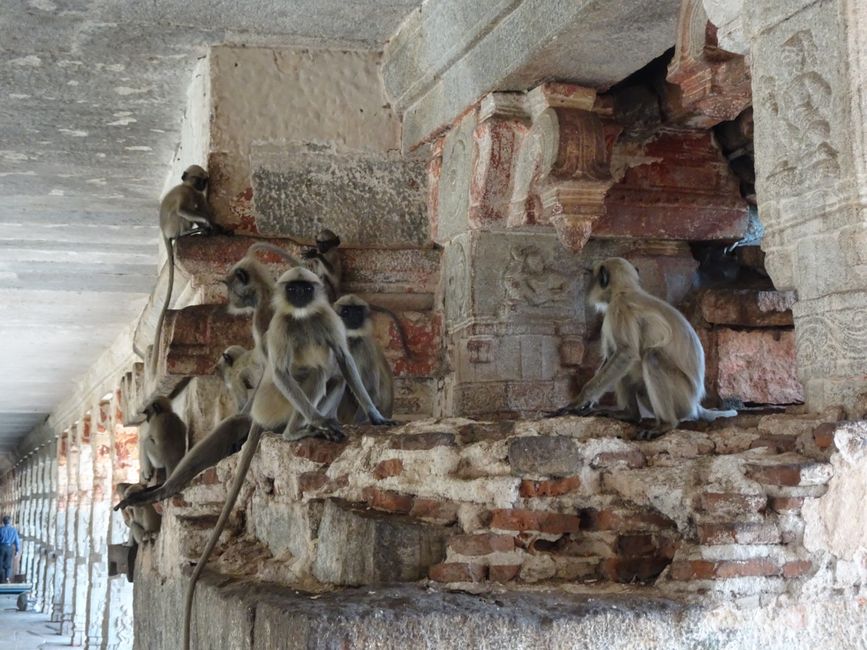
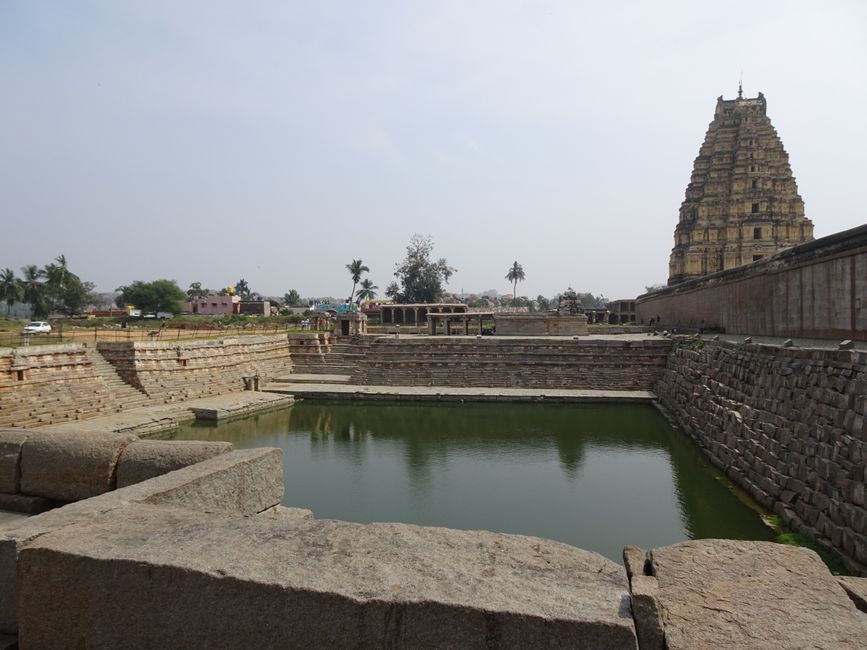
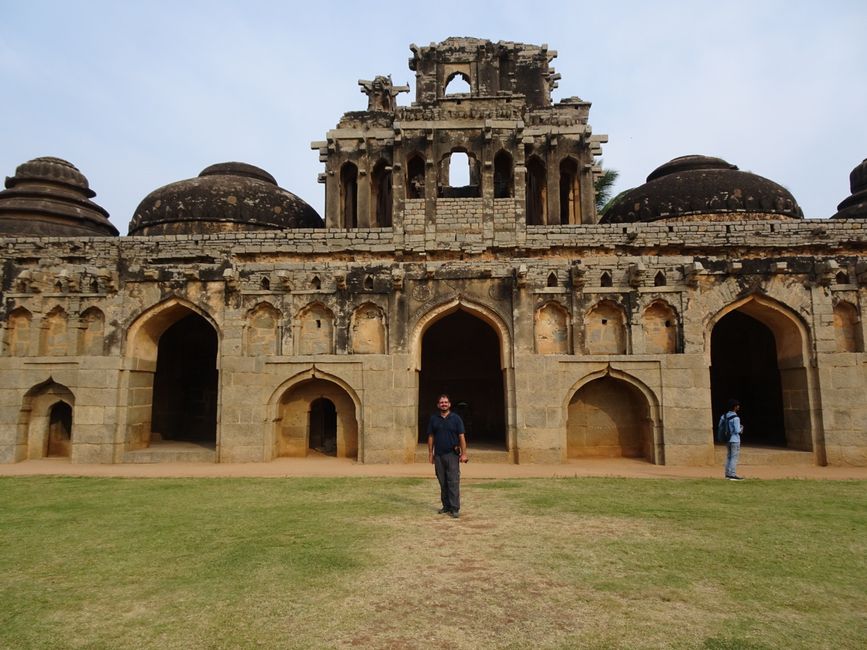
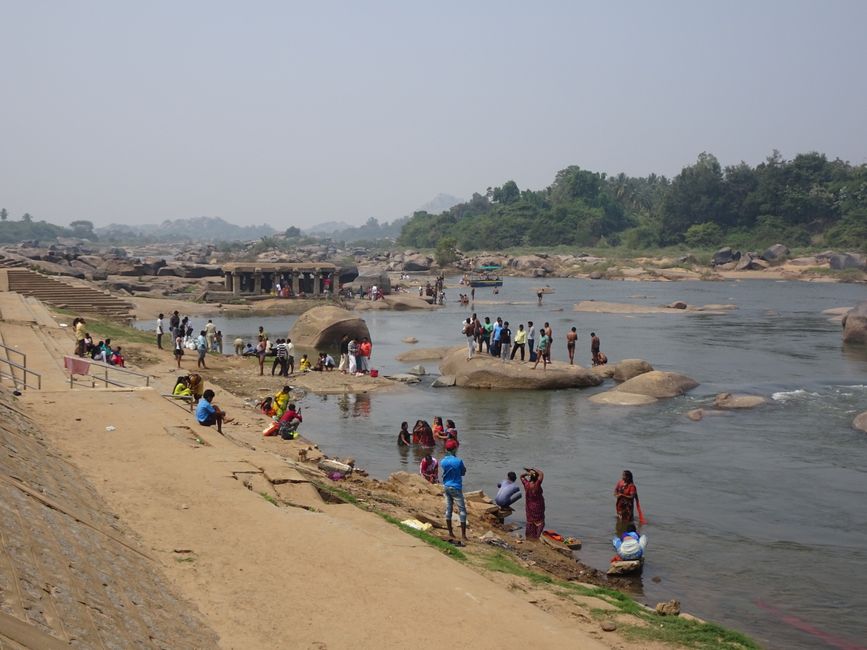
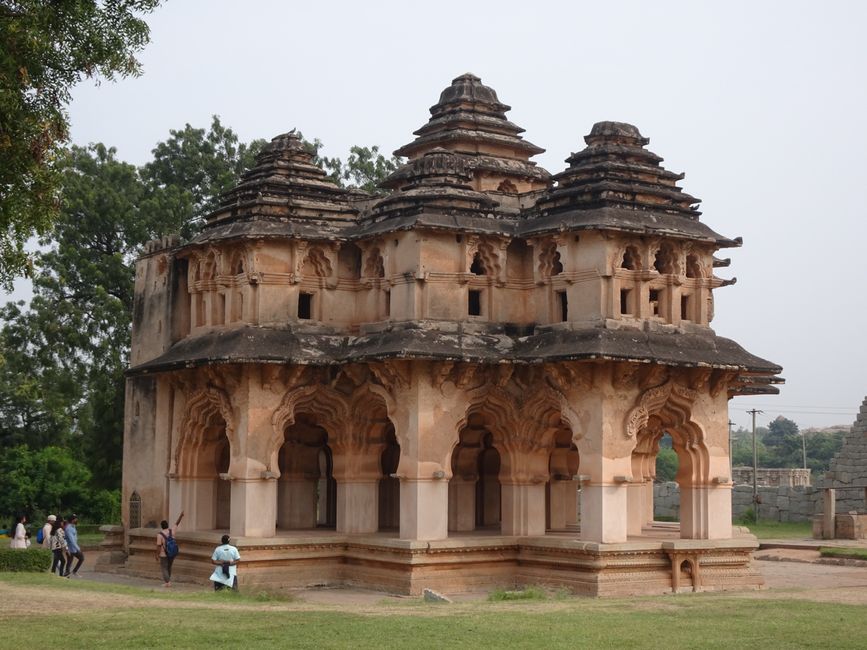
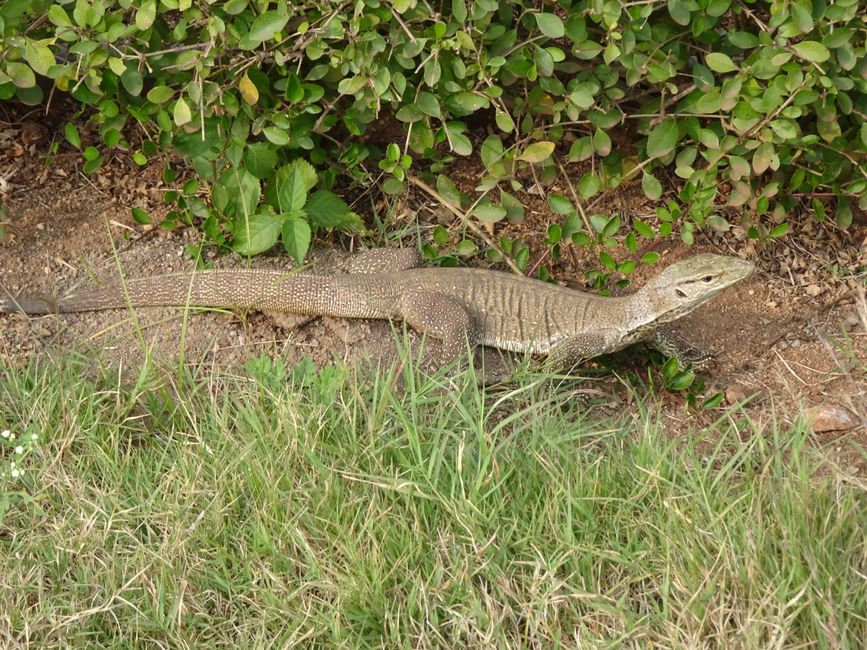
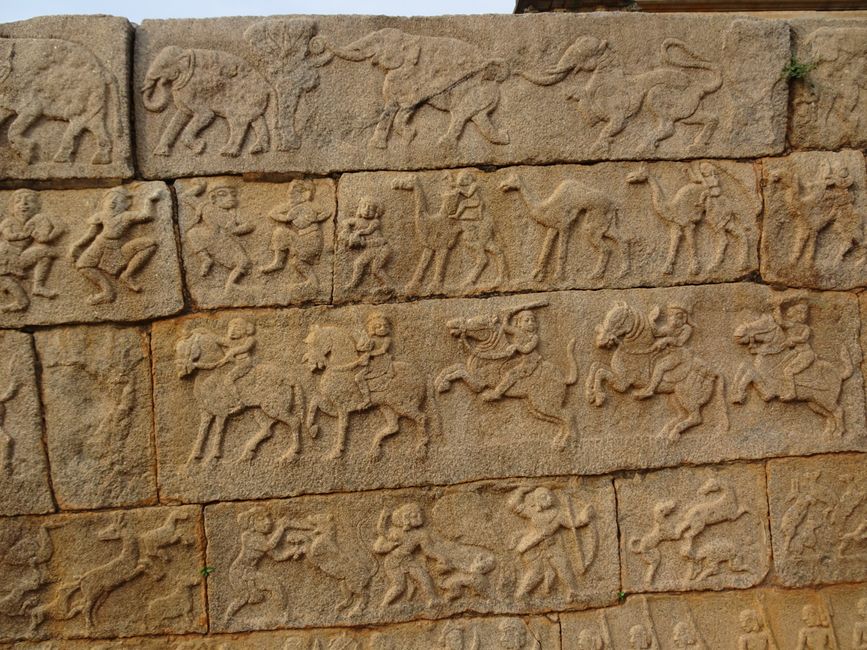
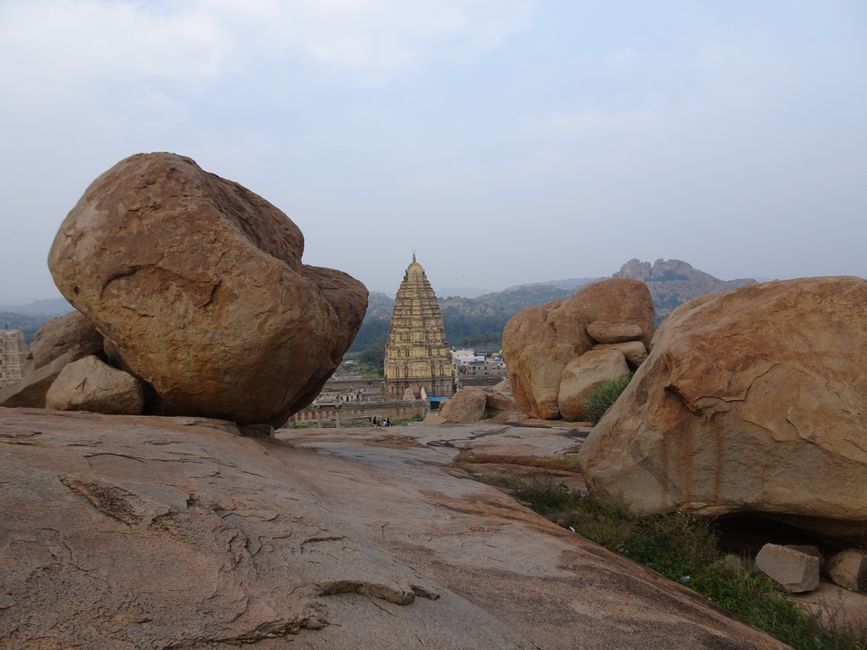
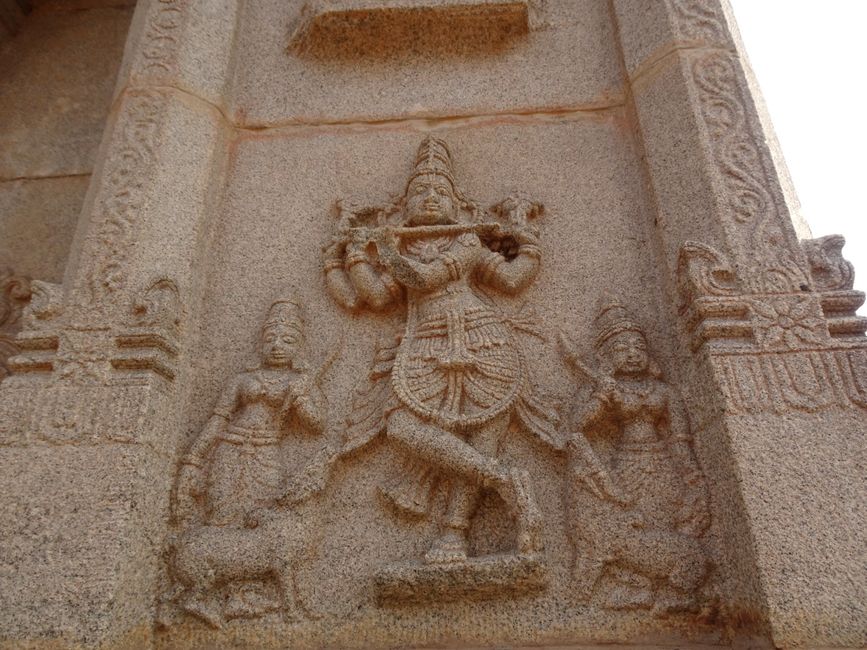
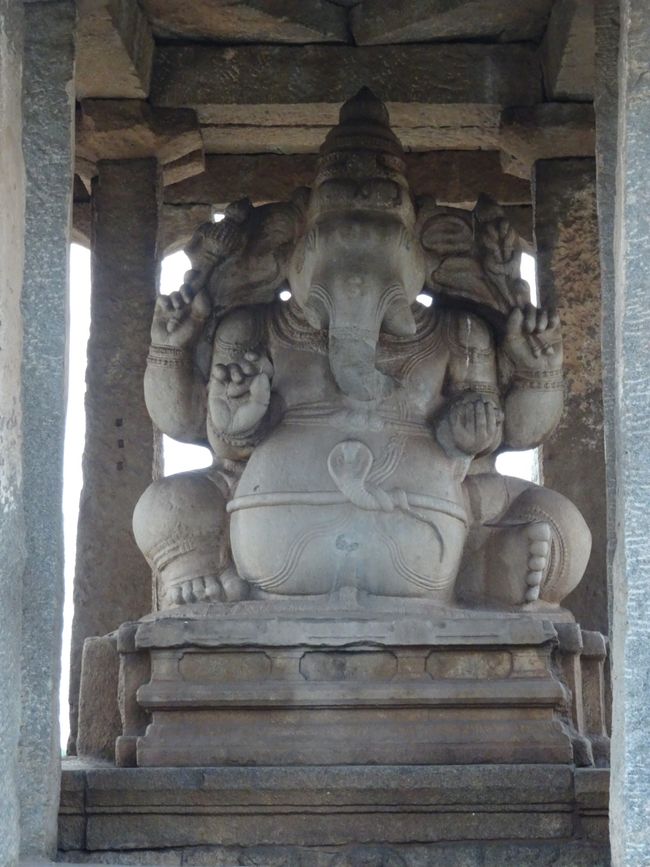
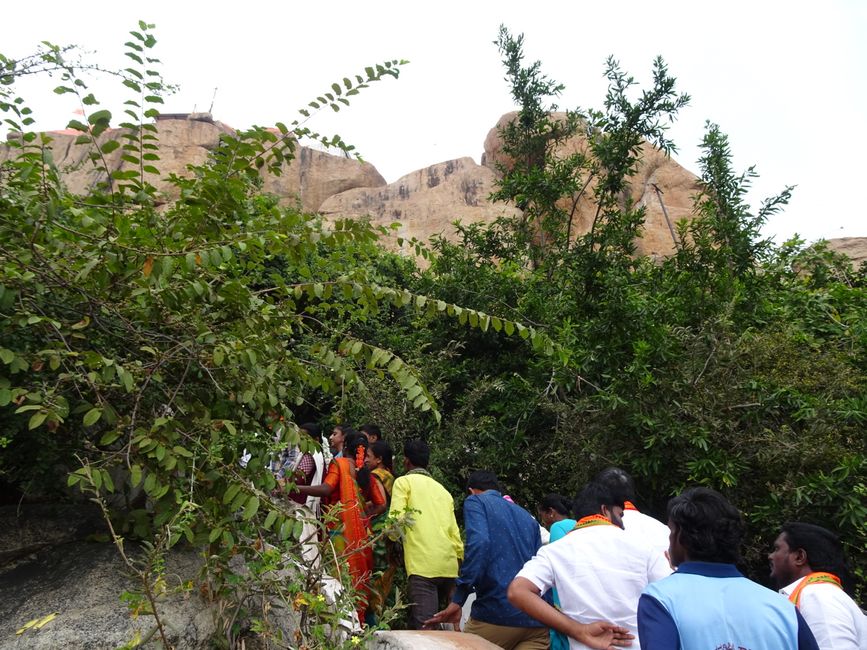
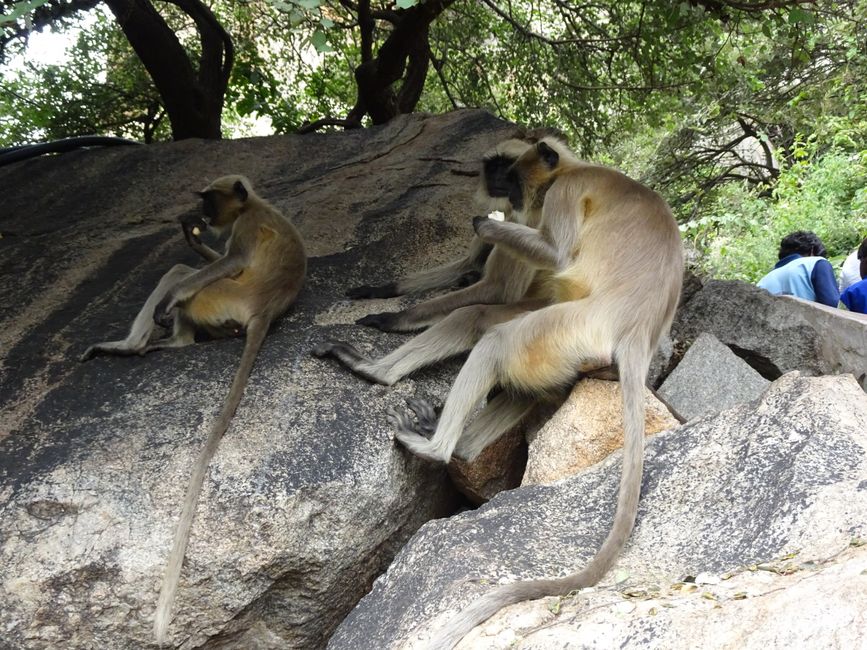
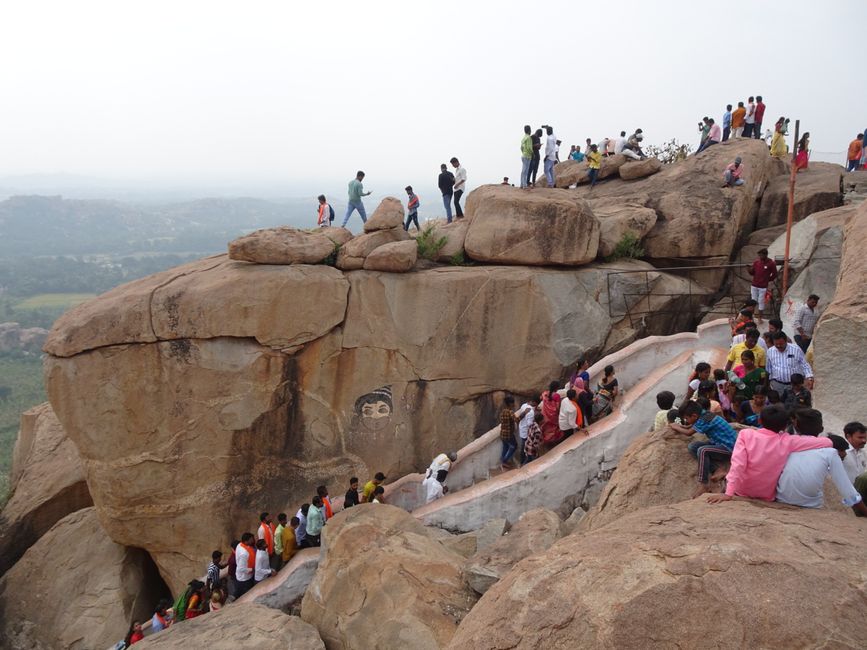
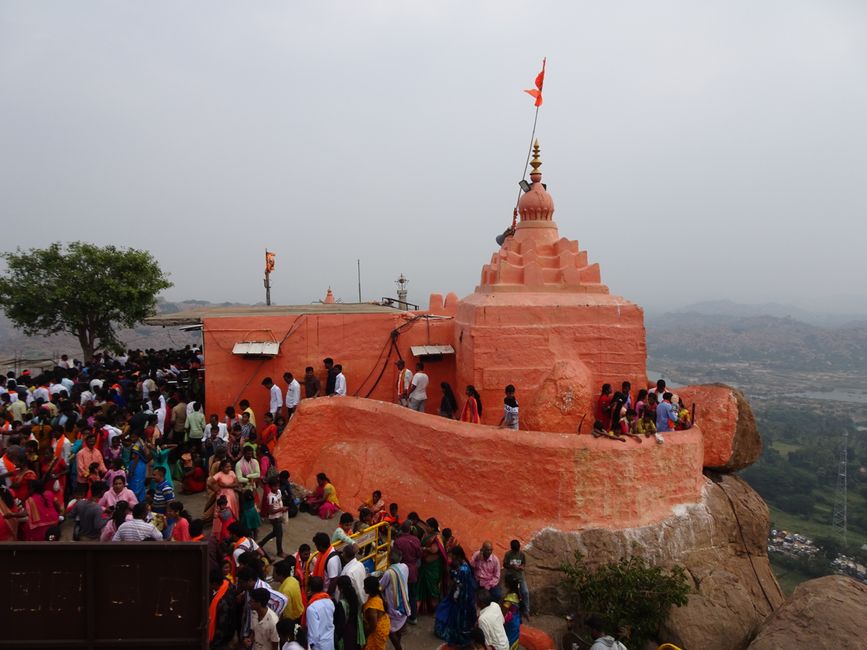
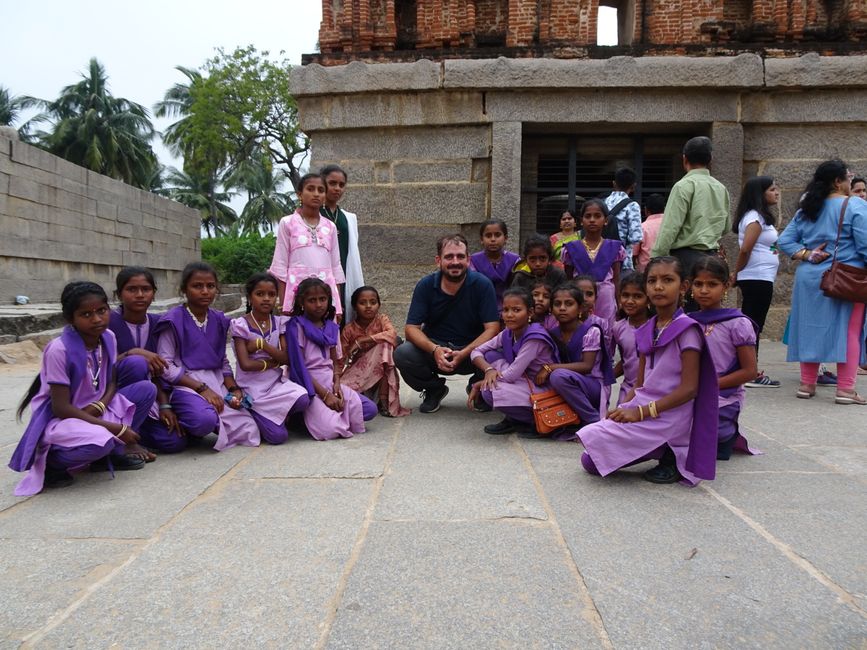
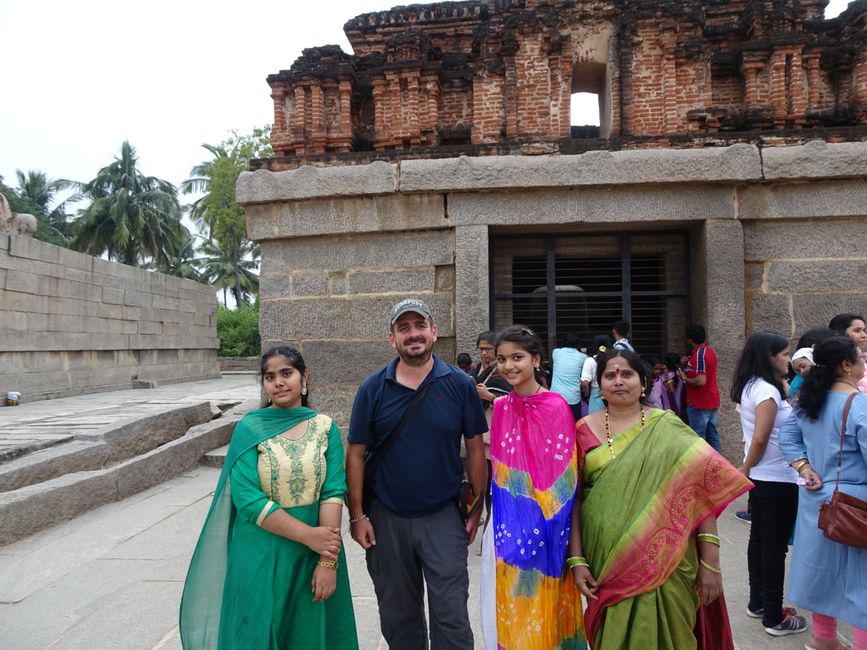
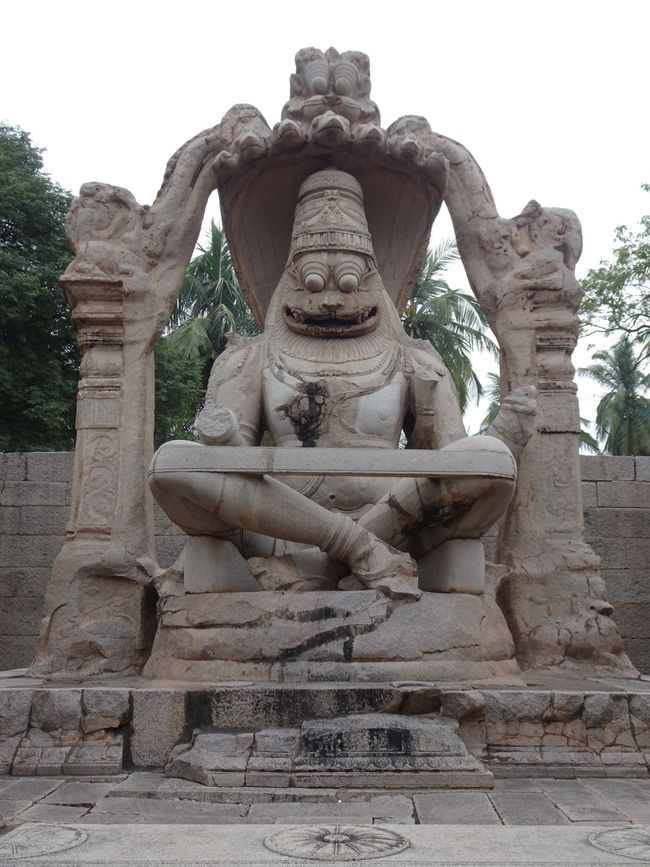
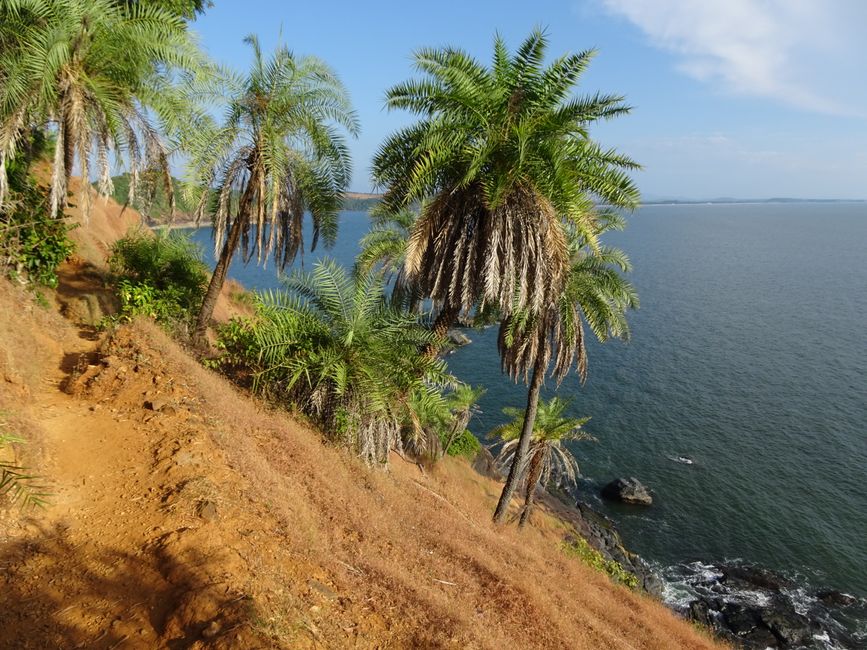
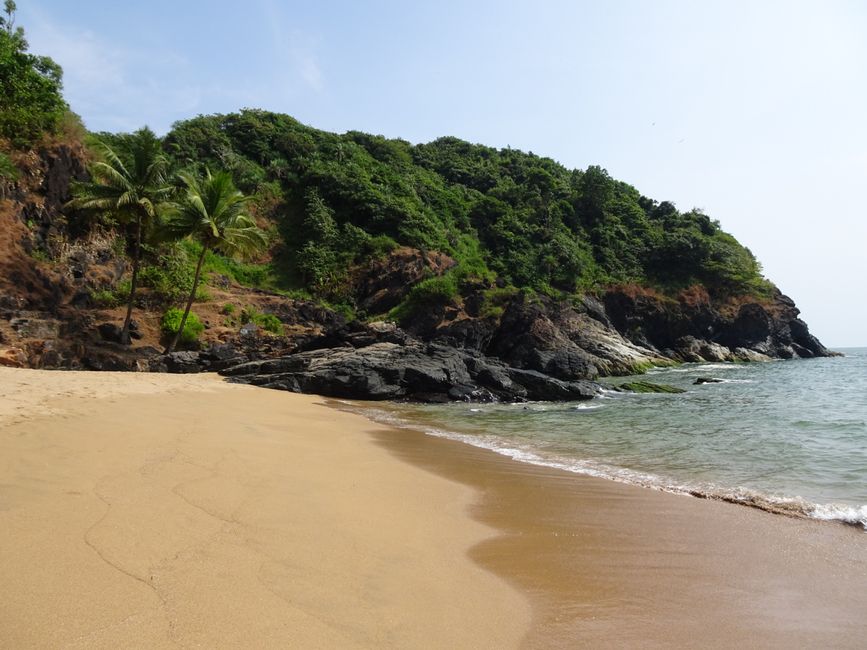
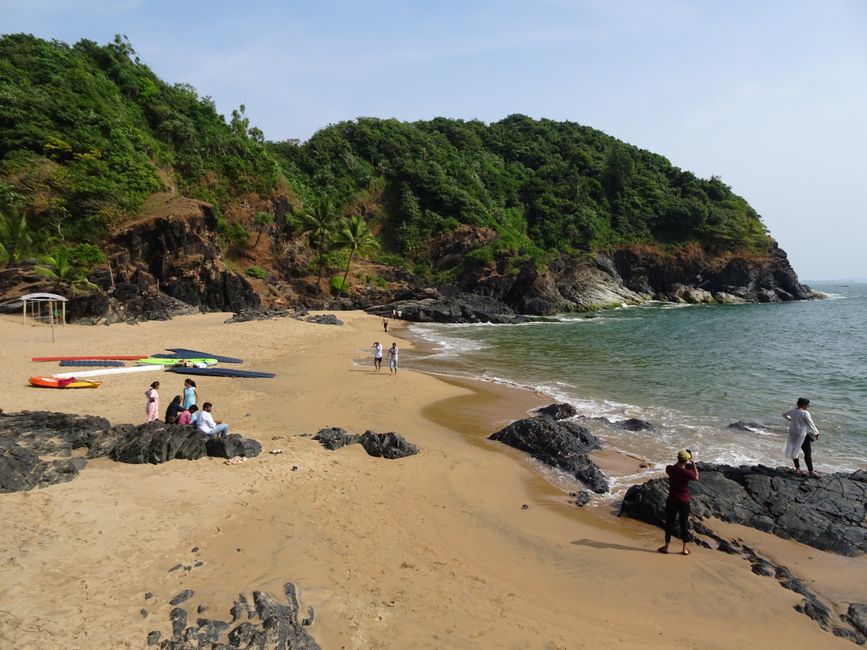
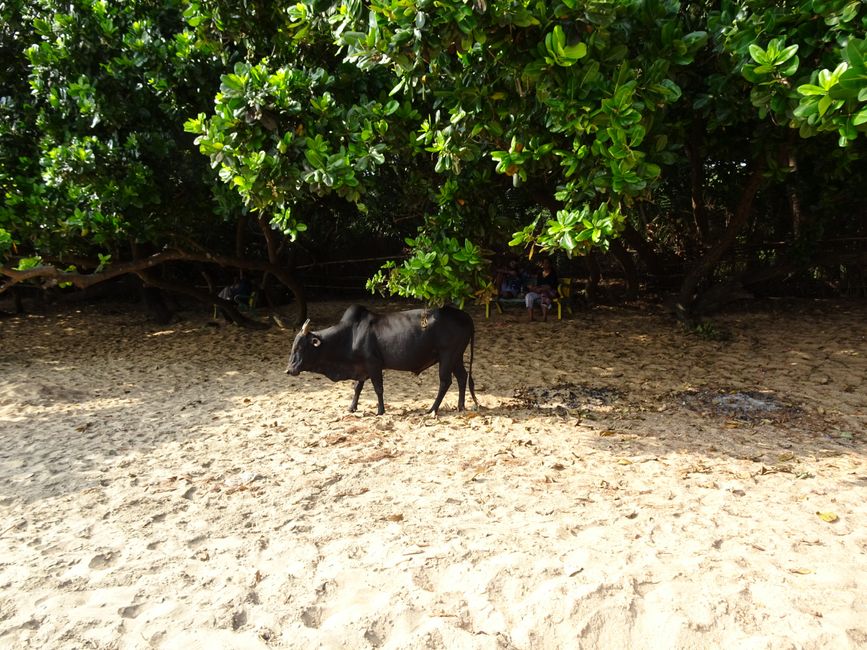
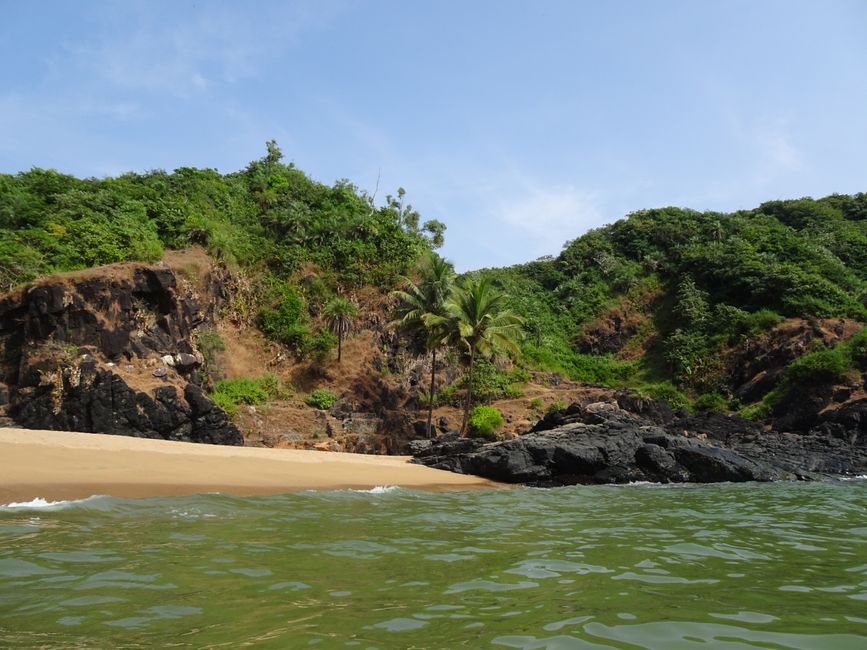
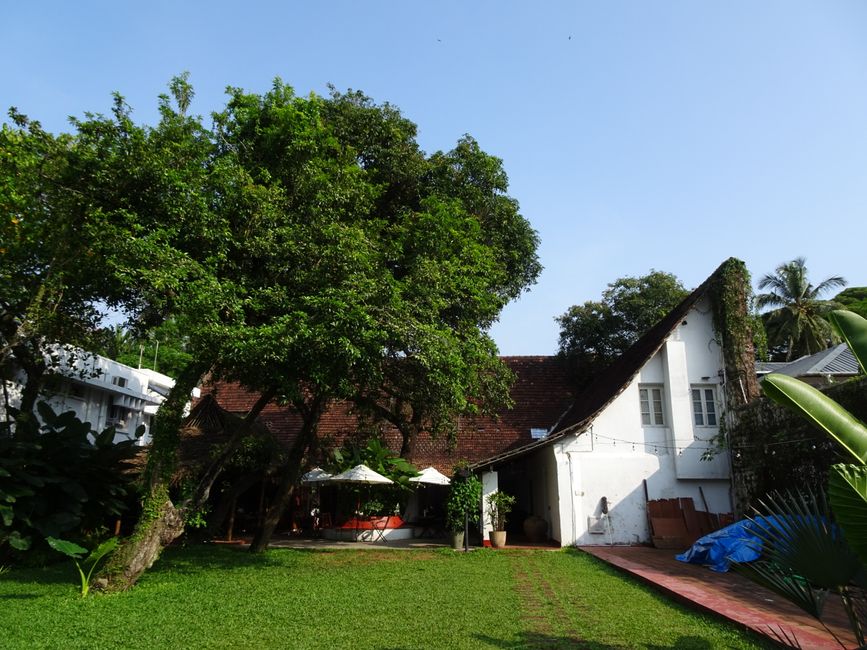
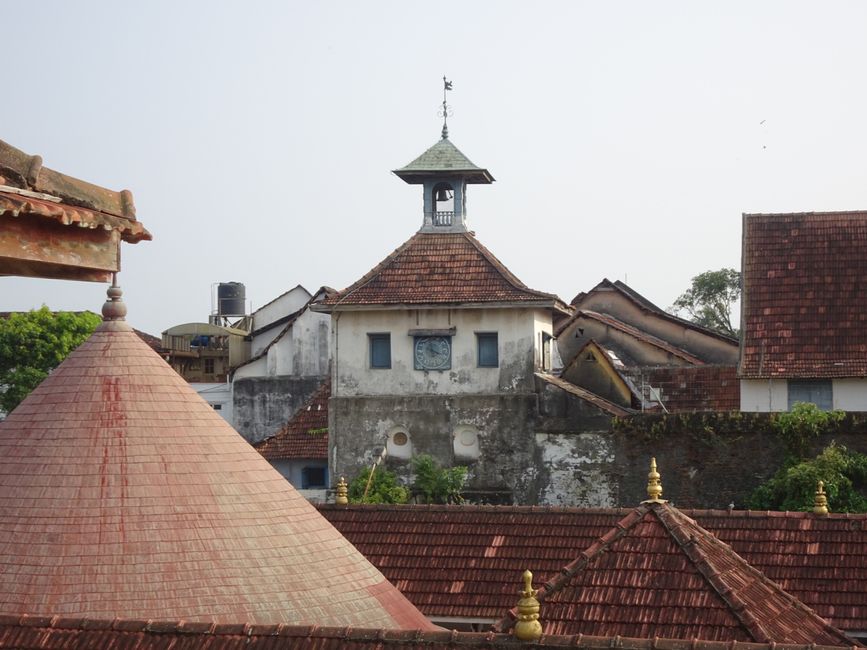
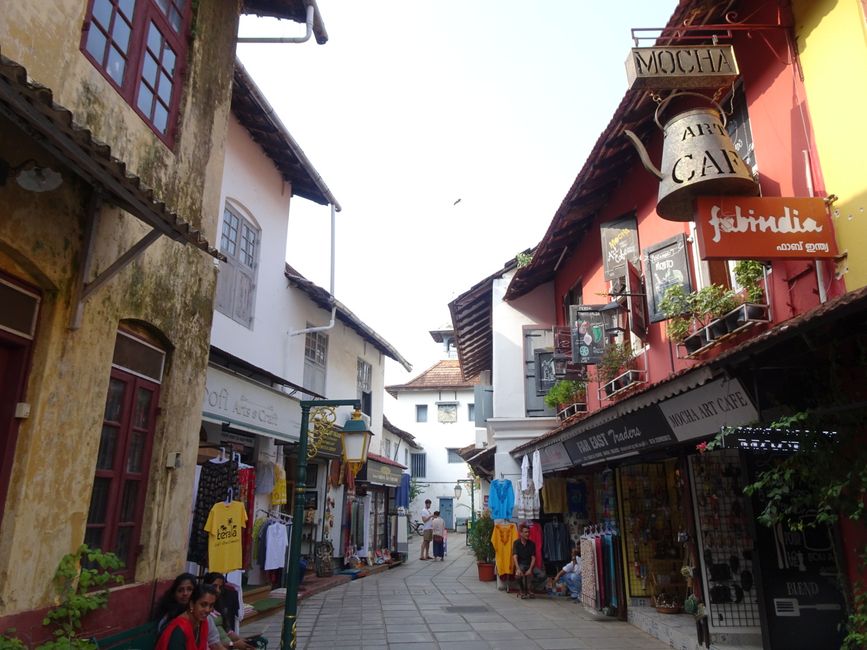
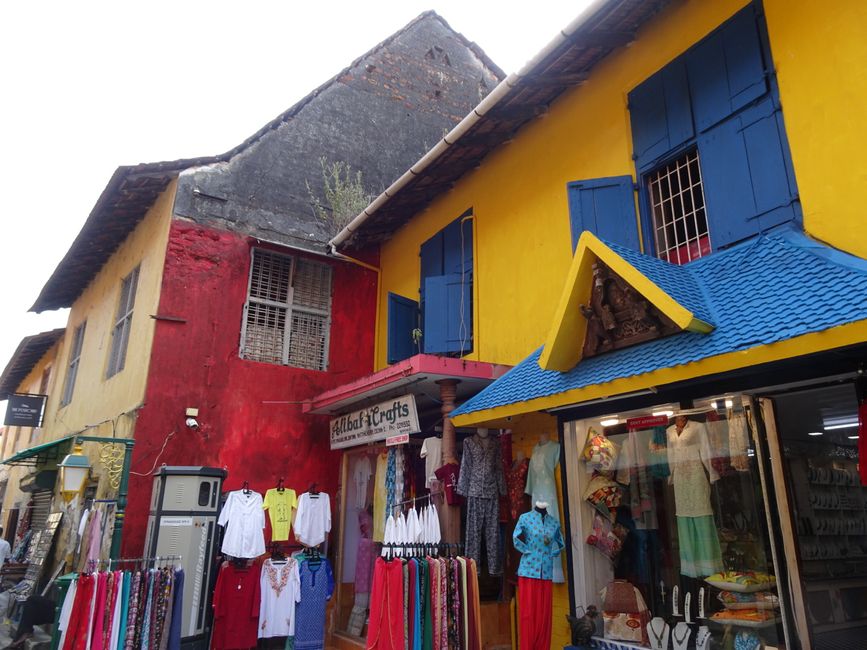
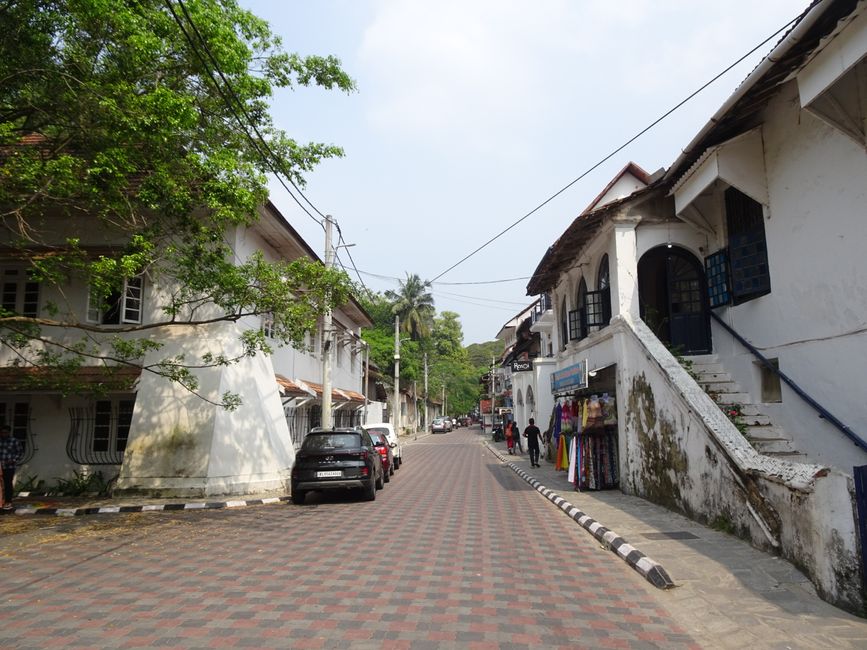
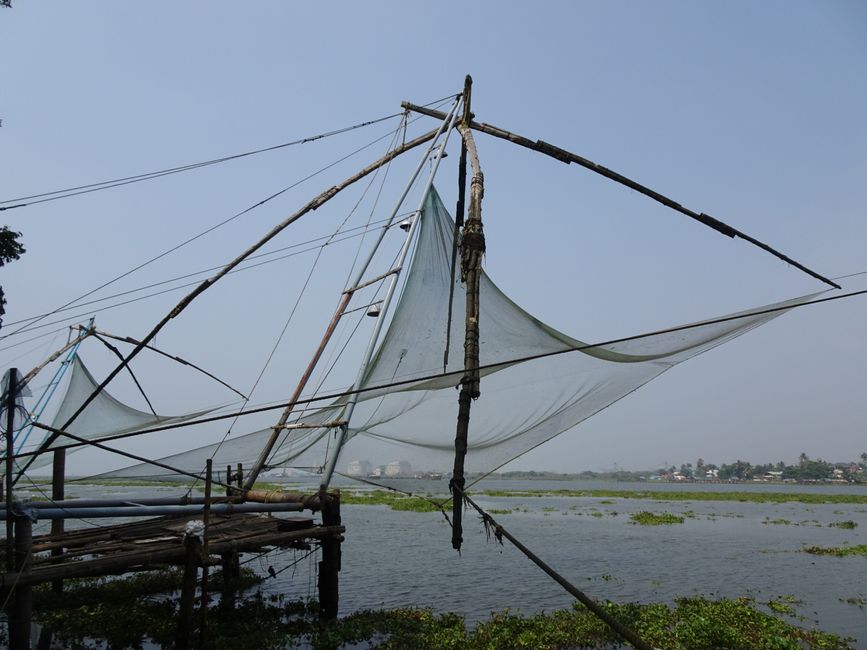
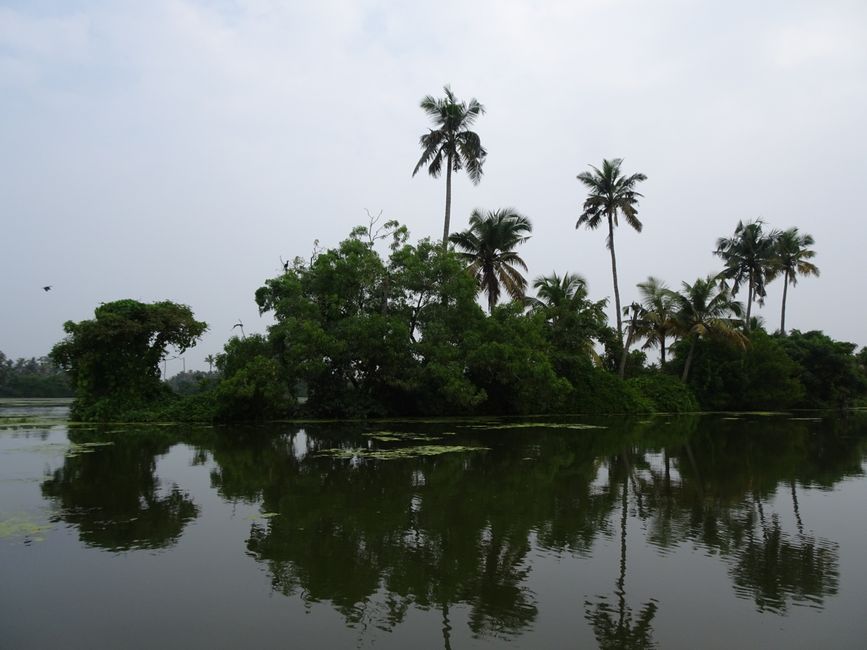
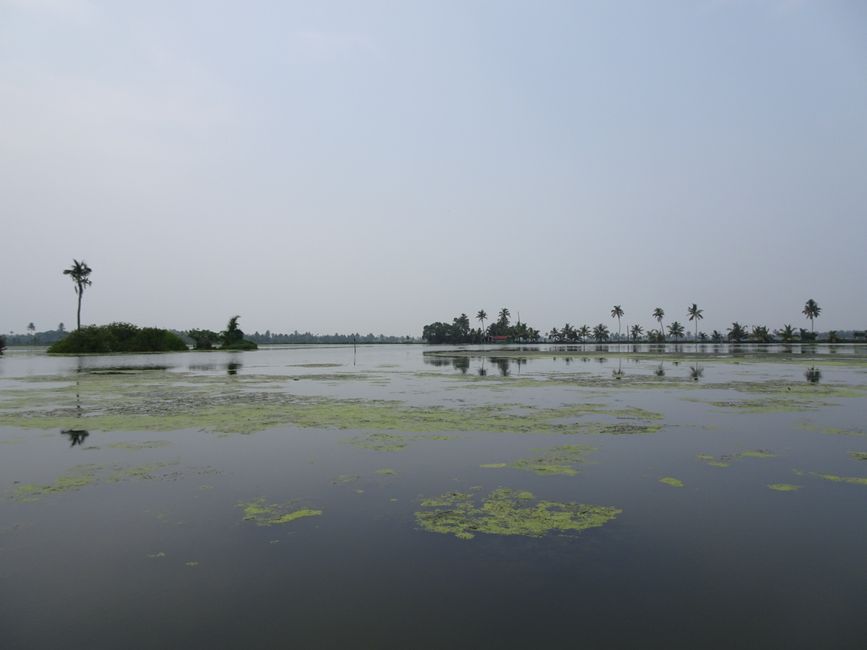
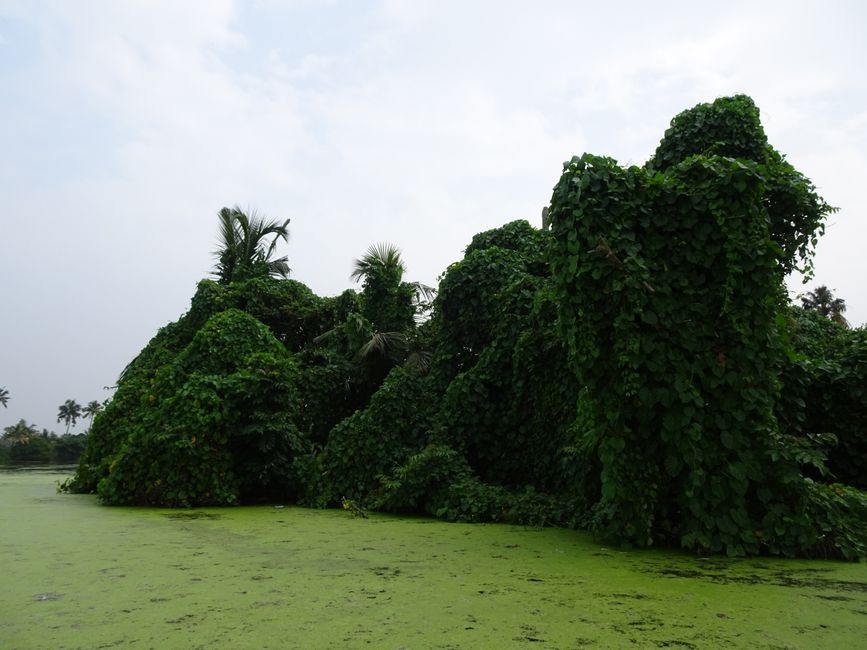
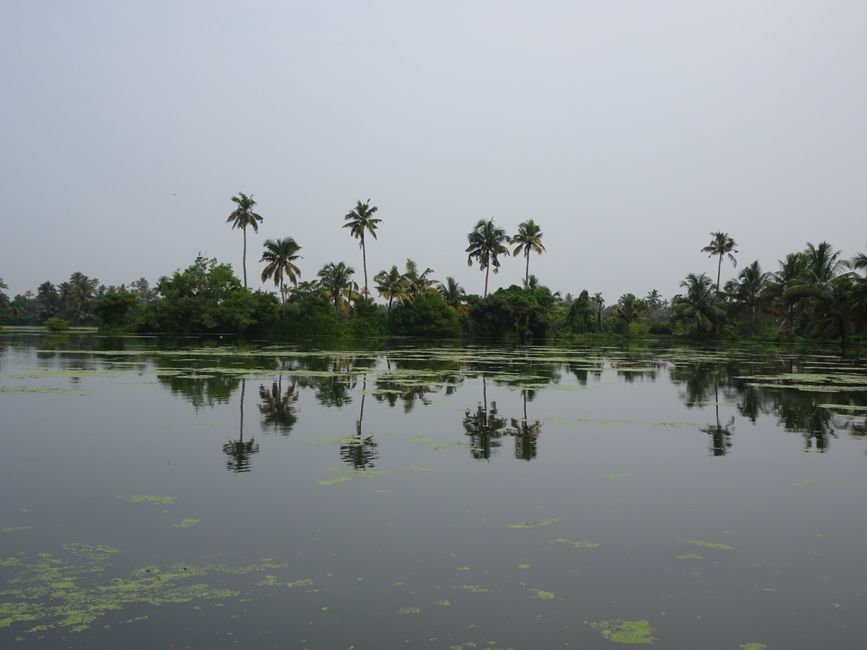
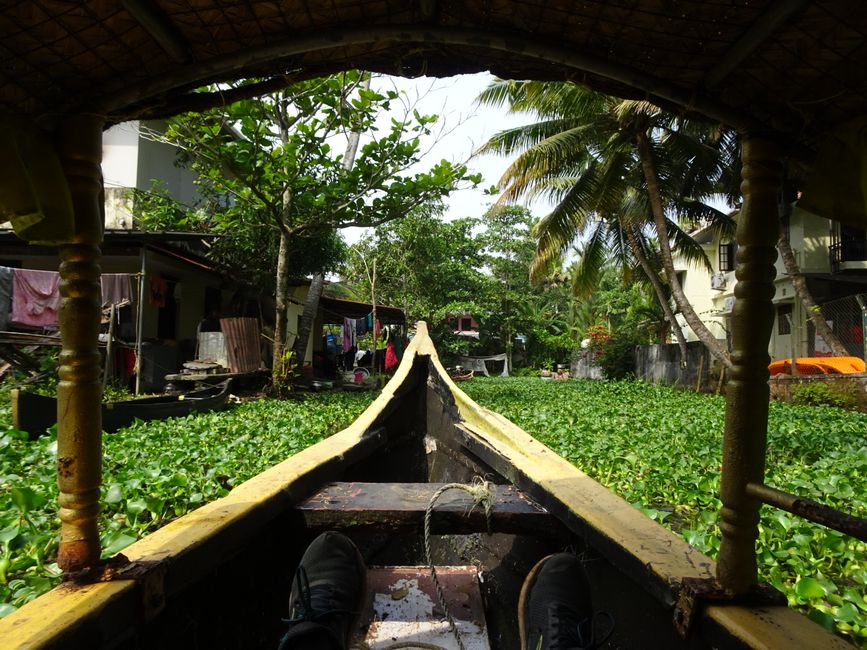
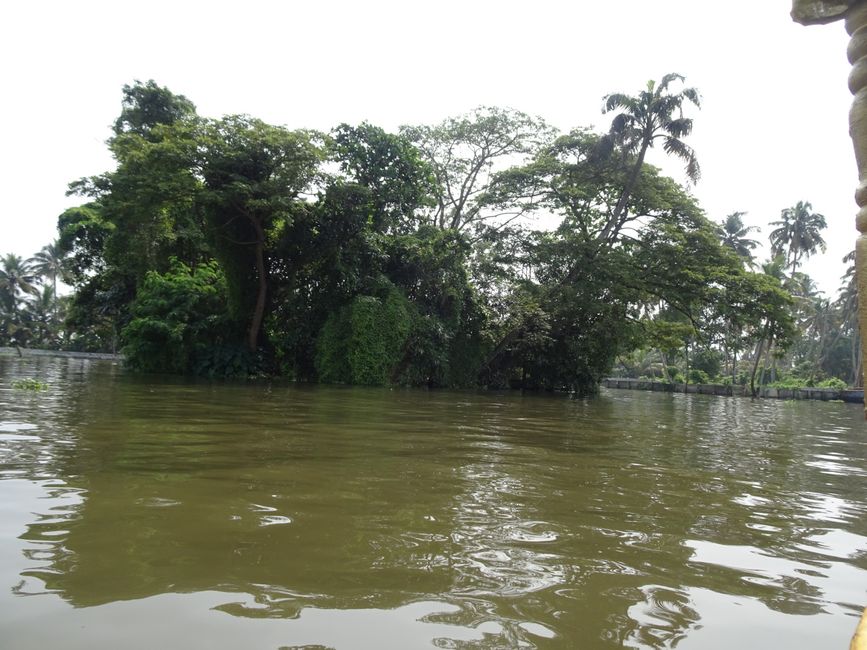
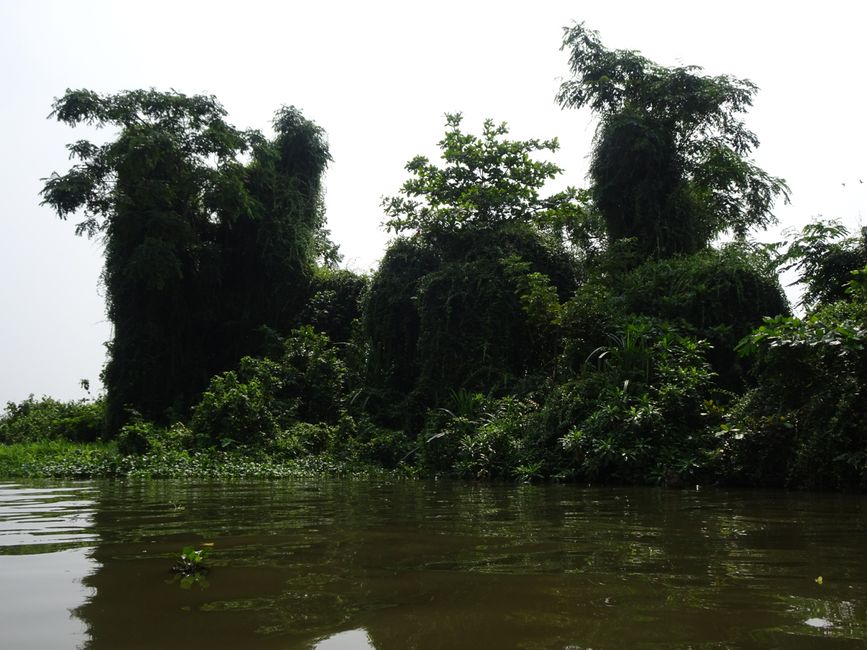
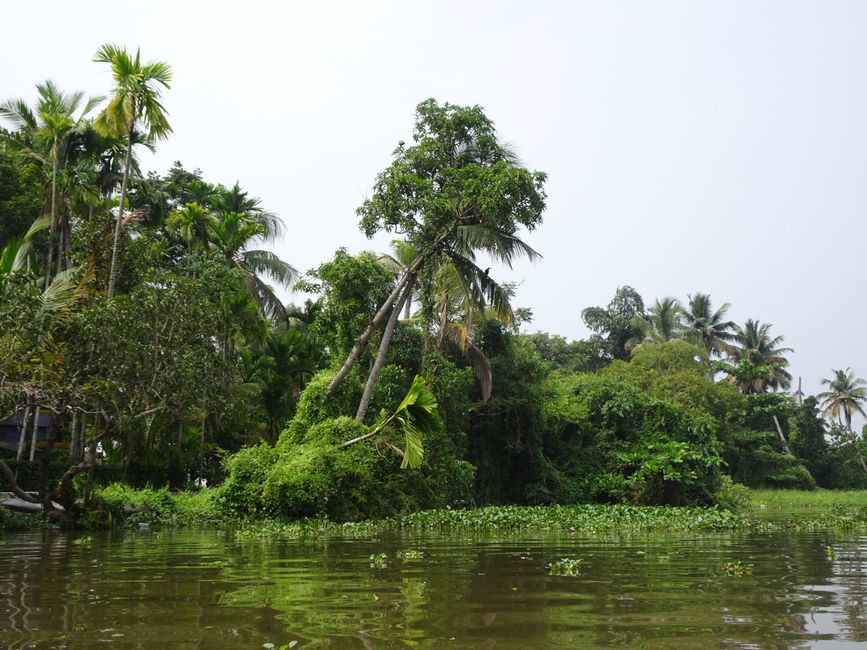
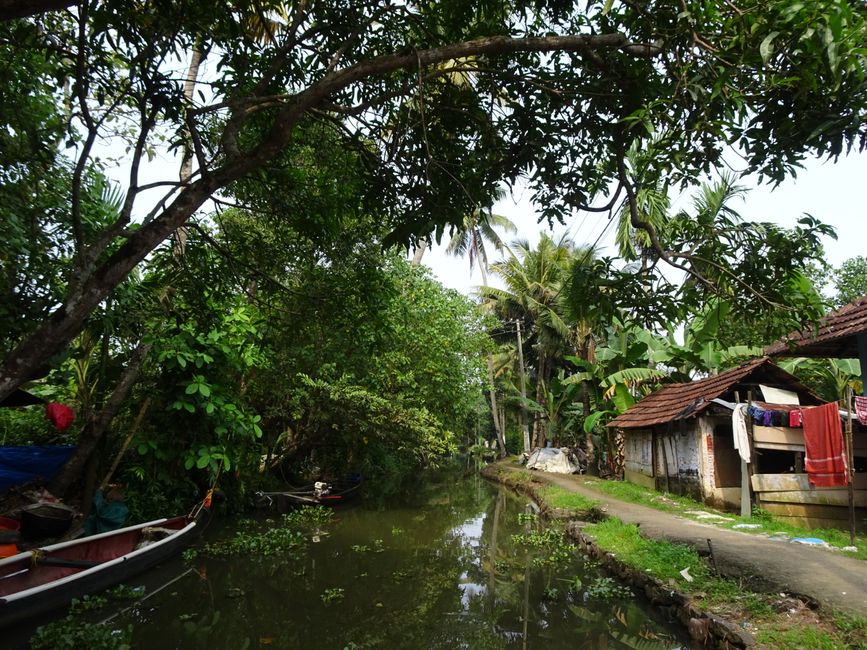
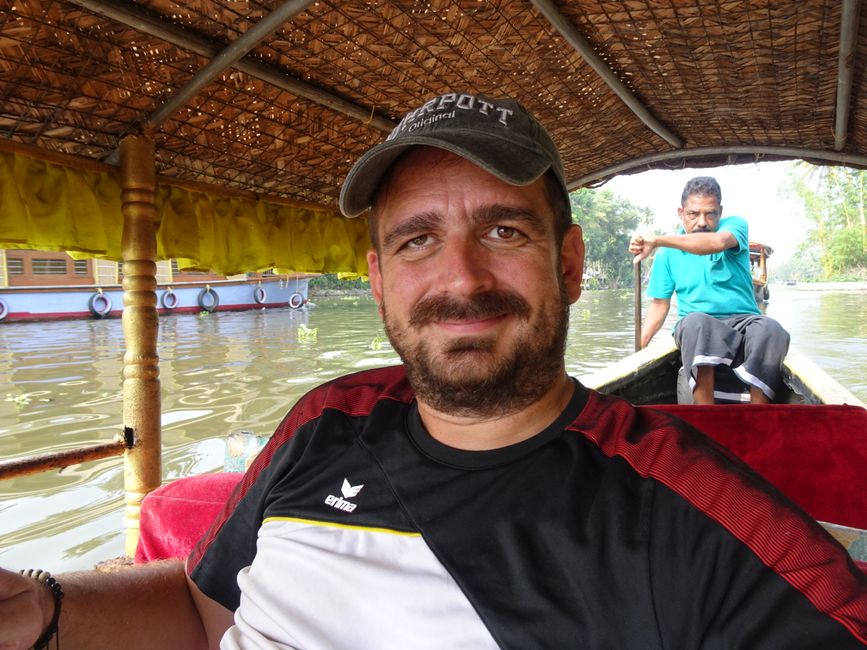
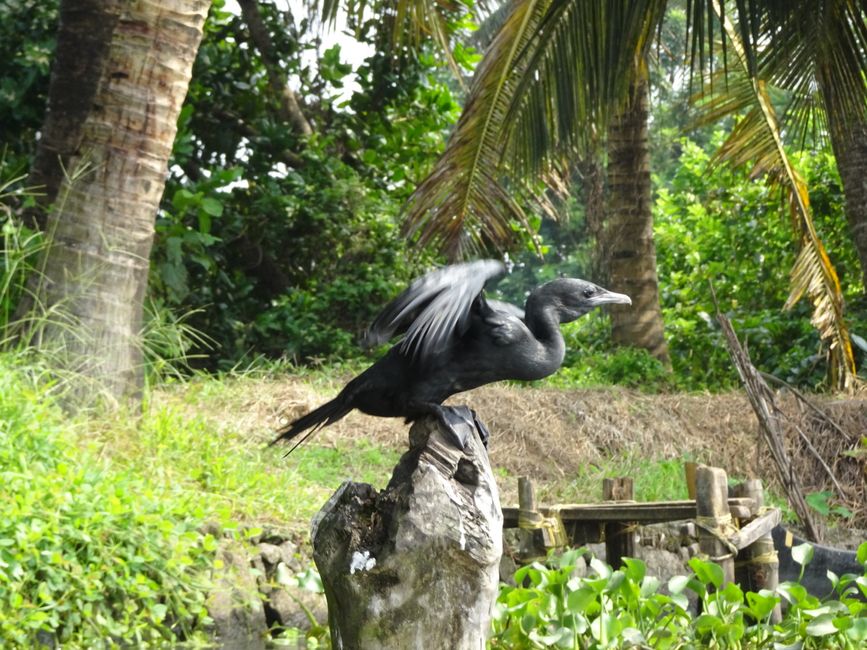
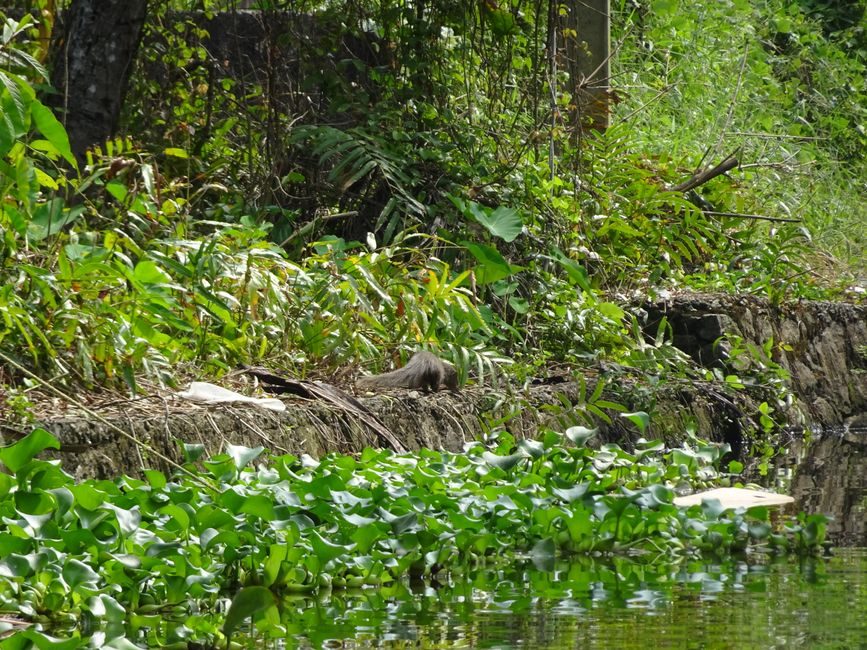
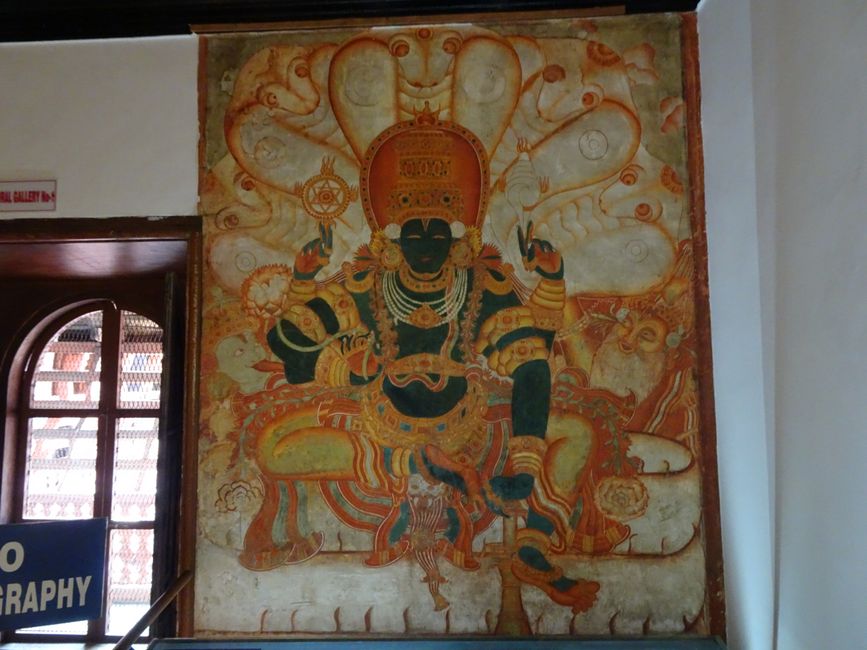
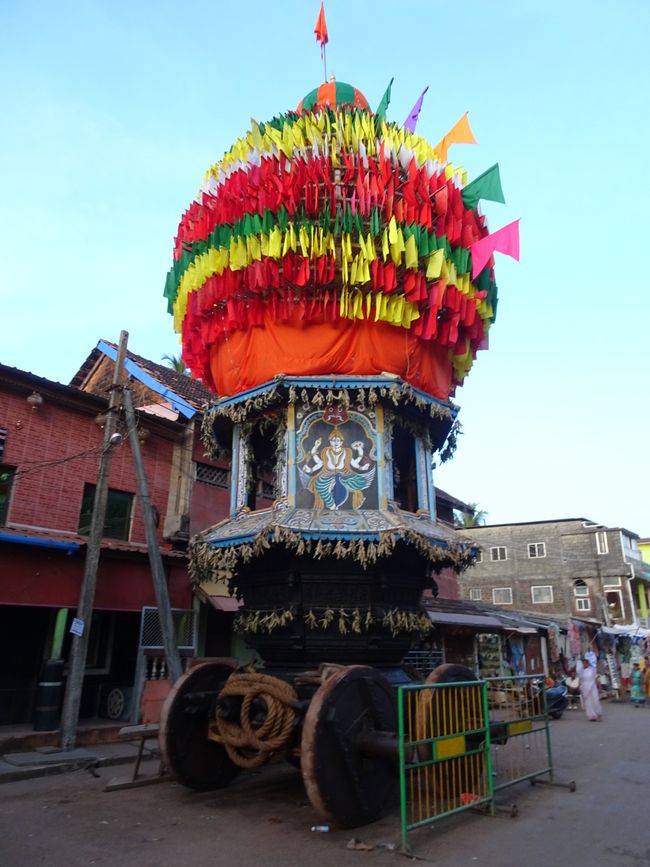
समाचारपत्रको सदस्यता लिनुहोस्
On the 6th November, late in the evening, I arrived in Goa after a flight from Udaipur via Mumbai. From the airport, I took a taxi to Panjim, the capital of Goa. My start was disastrous. I had reserved a hotel room there through booking.com, the reservation was confirmed, and I had to make a down payment of a little over 1000 rupees (about €12) a day later. When I arrived at the hotel, I was informed that I couldn't check in because foreigners were not allowed to stay there. Imagine a hotel in Germany only renting rooms to Germans! My protest about why the booking was confirmed and why I had to pay half the price in advance was in vain. I received the down payment back and had to find another place to stay half an hour after midnight. I found an alternative at a similar price, but it was 3 km away. As there were no tuk-tuks available at that time, I had to walk the distance with all my luggage. At least, this hotel was quite comfortable and only 300 meters away from the beach. The next day, I took a trip to Old Goa. The special thing about Goa is that it was a Portuguese colony for a long time, which is why there are still relatively many Catholics living in Goa and there are many churches. The most important ones are located in Old Goa and were mostly built in the Baroque style. The largest of these churches is even bigger than any church in Portugal. After that, I went to the beach and took a swim in the sea for the first time in almost three months, although the beach was nothing special. On the 8th November, I drove to Palolem in South Goa. The beach at Palolem was already much nicer, but not as beautiful as the unfortunately overcrowded Butterfly Beach, which I reached the next day with a rental scooter. Overall, Goa is much quieter, more relaxed, and cleaner than anything I saw in North India.
On the night of the 10th to the 11th November, I left Goa and took a night bus to Hampi in the inland state of Karnataka. The night bus was quite comfortable and I was able to sleep a few hours. Hampi was the capital of the Vijayanagara kingdom for more than two centuries in the late Middle Ages, and many spectacular buildings from that time have been preserved. So I rented a bicycle for two days to explore the Hindu temple complexes and the ruins of the palaces on my own. But not only for that reason, Hampi is worth a visit, even just because of the landscape. Most of the temples are beautifully located, surrounded by magnificent rocks and rice fields on both sides of a river. Some of these temples are now inhabited by monkeys, macaques, and Hanuman langurs. The most important temple also serves as the stable for a poor elephant named Lakshmi, who must bless the temple's visitors. Unfortunately, the most famous temple, the Monkey Temple, is completely overcrowded. According to legend, the Monkey God Hanuman was born there. On the second day, while visiting a temple, I was approached by a teacher from an Indian private school for girls, asking if he could take a photo of me with his students. Unfortunately, the girls all looked pretty grim in the photo! I wonder if it was because of me? In the evening of the second day in Hampi, I took another night bus back to the coast to Gokarna. This time, I couldn't sleep at all on the bus. The bus station in Gokarna is located about 10 km outside the town, but I was picked up by my landlord's brother at 4 in the morning with a scooter. Since I couldn't check in to the bungalow I had rented until 11 am, I was fortunately allowed to sleep in a hammock for a while. The bungalow, beautifully situated in a garden, was probably the nicest accommodation I had in India. Over the next two days, I explored the beaches in the Gokarna area, which are rightly considered the most beautiful in India. With a rental scooter, I reached the double bay of Om Beach, from where you can reach Halfmoon Beach and then Paradise Beach on a beautiful walk through the forest and along the coast. I spent several relaxed hours at both beaches. Interestingly, Indians are almost never really in the sea, but only at the edge. As I was told, most of them can't swim properly. Indian women always bathe fully dressed.
In the evening of the 15th November, I took an overnight train further south to Kochi in the state of Kerala. Kerala, like Goa, has a strong Christian influence, although Hindus are the majority. You wouldn't believe it if you, like me, were accommodated in the Kochi-Fort neighborhood, where you really feel like you're in Europe, apart from the tropical climate. Houses from the British colonial era characterize the cityscape, and there are even restaurants where you can eat beef. The owner and staff of my hostel were very hospitable and always in a festive mood, and I had entertaining evenings with them. I found the area so pleasant that I decided to only make a day trip to Alleppey, where I originally wanted to stay for one or two nights, and stay a total of 4 nights here in Kochi. I explored the city, rode a rental scooter southwards to explore the backwaters. There I found a fisherman who rowed me through the backwaters, which consist of various canals and small lakes, for a few rupees for an hour. On the 19th November, I finally took a bus to Alleppey, about 40 km south of Kochi, to explore the most famous part of the backwaters on a tour with a rowing boat. I would have loved to row along, but I wasn't allowed to! The owner of the boat was probably afraid of losing his tip! Although I imagined the backwaters around Alleppey to be more pristine (there are villages along the shores in many places), this excursion was very successful.
After a last stroll through Kochi on the 20th November, I took a taxi to the airport to fly to Bangkok.
Overall, my conclusion about India is positive. This country has magnificent sights and landscapes. People are very hospitable and helpful outside of metropolises like Delhi (exceptions confirm the rule). I didn't see a drop of rain for four weeks! Unfortunately, India has a huge waste problem, and the intrusive nature of many sellers tarnishes the image. Overall, the South is much more suitable for India newcomers than the North. The South has less noise and traffic, everything is a bit more organized, it is much cleaner, and people speak better English. However, I can only advise against starting an India trip as an India newcomer in Delhi, like I did!
समाचारपत्रको सदस्यता लिनुहोस्
जवाफ
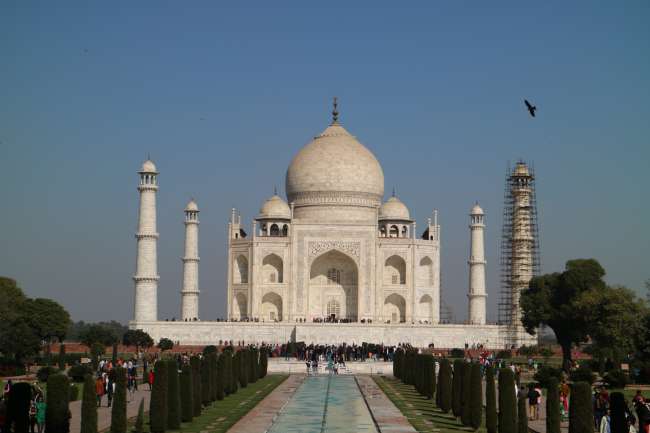
यात्रा रिपोर्टहरू भारत
